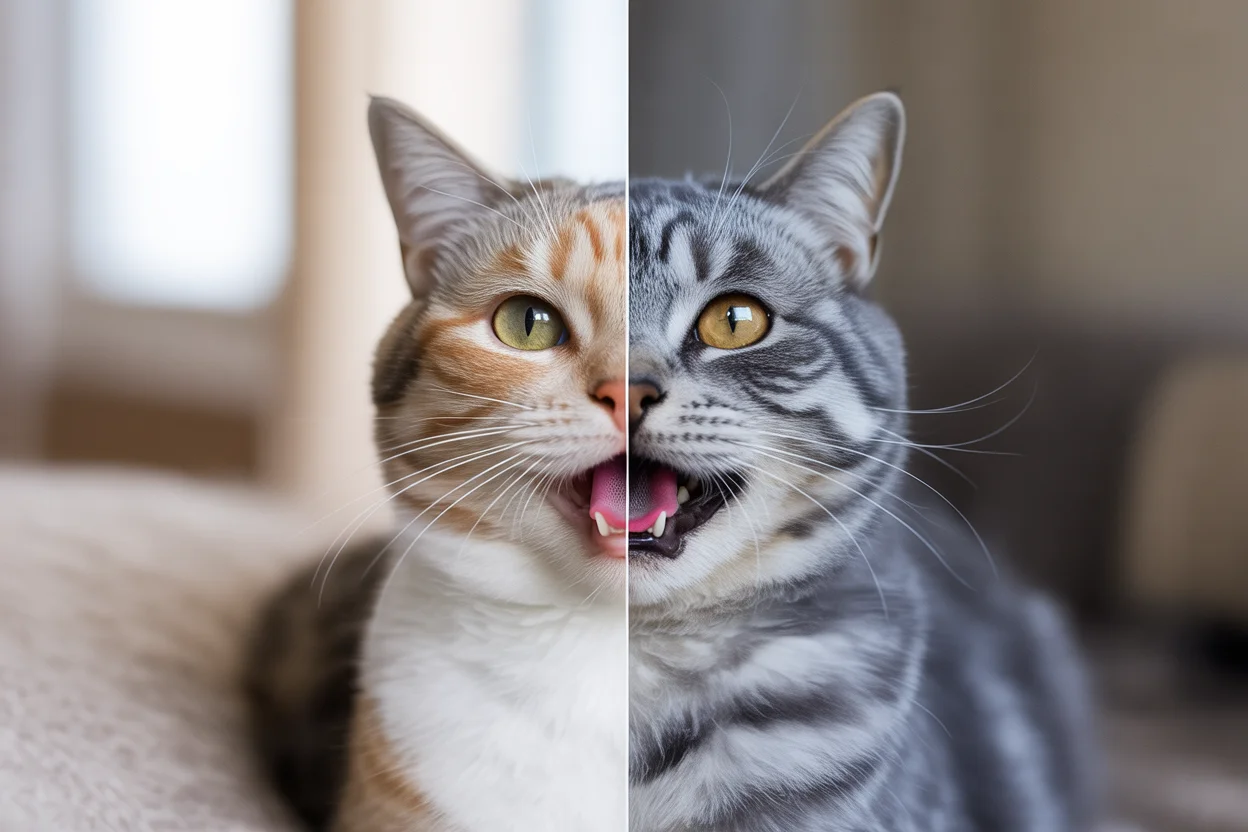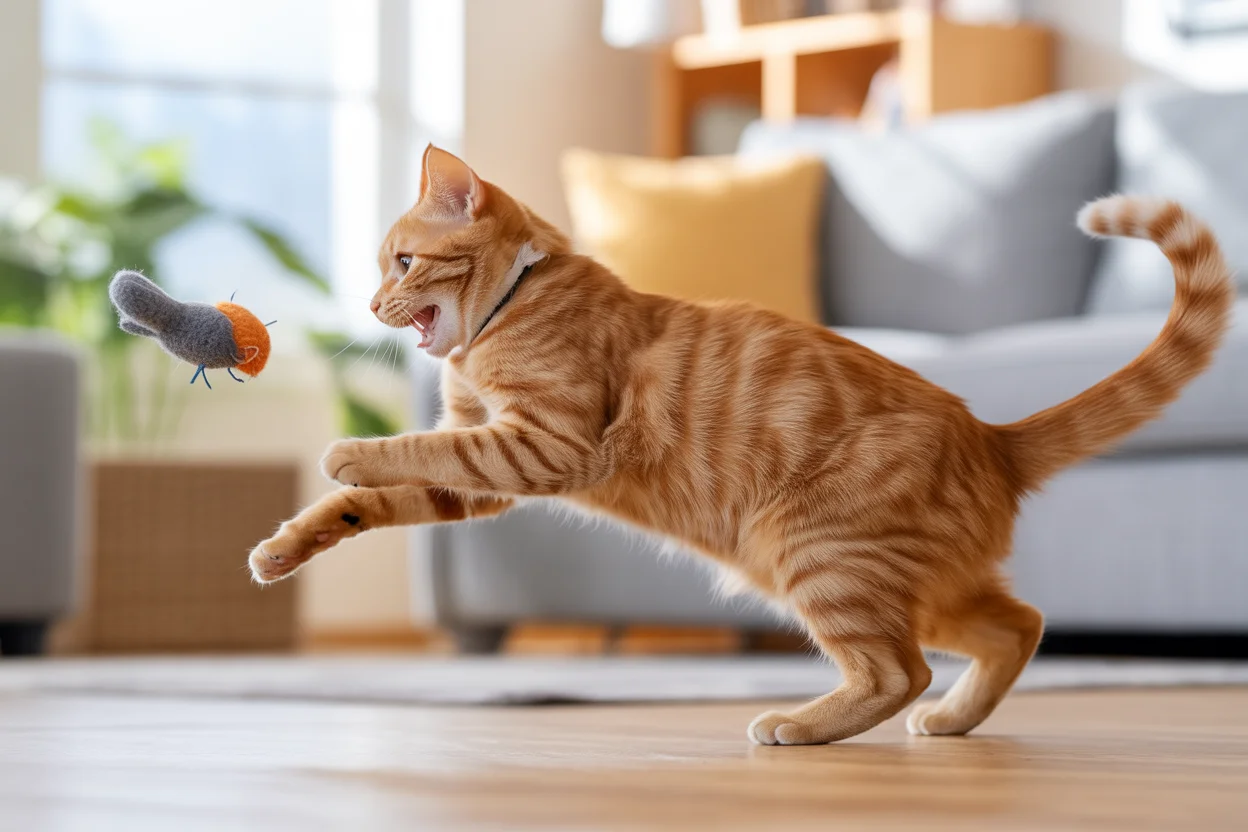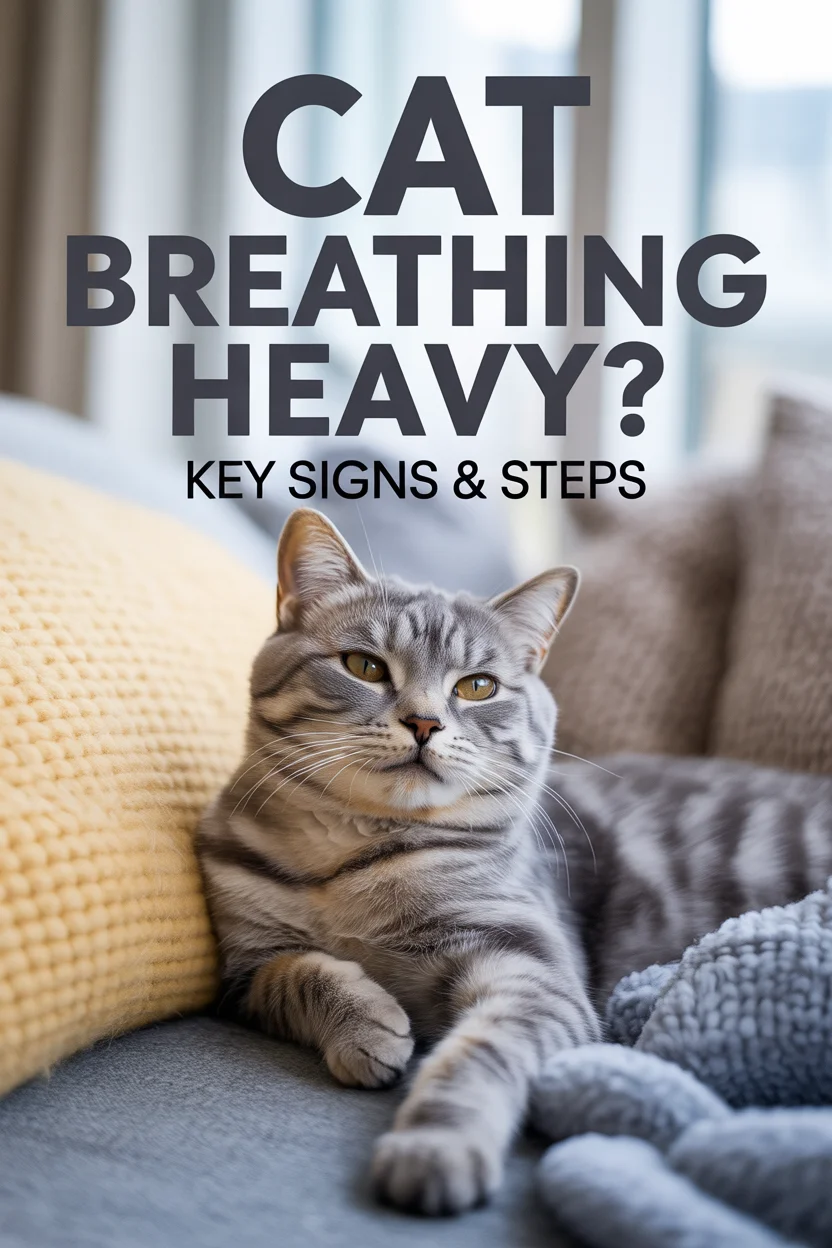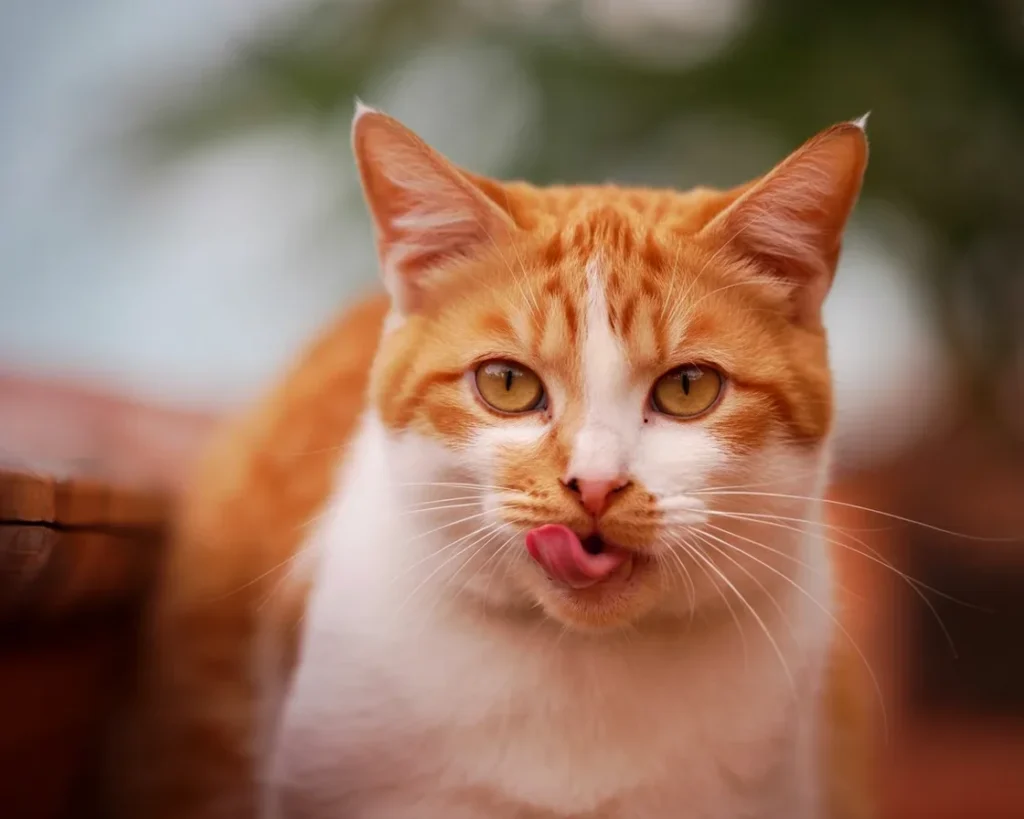Cat breathing heavy is something that’ll stop you in your tracks, trust me. The first time my whiskery sidekick started puffing like a mini steam engine, I about lost it—thought maybe he’d swallowed a furball the size of Nebraska! (He hadn’t, but still.) If you’re noticing weird breathing, especially if your cat’s usually a cool cucumber, it’s worth digging into. And hey, sometimes changes in your cat’s habits—like cat not eating or odd odors (I mean, cat bad breath can stop you in your socks)—pop up around the same time. Let’s break down why your kitty’s puffing away and what you can (and should) do.

Why Is My Cat Breathing Heavy?
So. Why do cats breathe heavy? Good news is, sometimes it’s nothing. Bad news is, sometimes it’s really something.
- Stress or heat can make even the chillest tabby huff and puff for a bit.
- Heart or lung problems—okay, this is where you start worrying a bit.
- Pain or trauma—this one can sneak right up on you. Think falls, scuffles, or even unseen mishaps.
- Obstructions (like, heaven help us, those plastic bits they find) can get stuck and make breathing rough.
“Our old boy started breathing heavy out of nowhere. Vet spotted early heart trouble—so glad we didn’t wait. Now we watch him like hawks.” — J.V., actual cat wrangler
Normal vs. Abnormal Breathing in Cats
- Normal: A calm, happy cat breathes 20-30 times per minute. You shouldn’t even notice it.
- Abnormal: Breathing is noisy, fast, or open-mouthed? Not good.
- Heavy = you see belly/side moving more, or hear weird sounds.

Why Does My Cat Breathe Heavy Sometimes?
- Maybe your cat’s just hot. Summer naps can get spicy.
- Stress, like from new pets or fireworks, might cause temporary heavy breathing.
- But, weird breathing for no reason—or for hours? That’s a red flag waving in your face.
Heavy Breathing While Resting
When your cat’s napping but sounds like a tiny train…
Why Is My Cat Breathing Heavy While Resting?
- Illnesses—lungs, heart, or infections.
- Sometimes, cats hide being sick until it’s almost too late.
- Watch for coughing, drooling, or hiding more than usual.
What It Means If Your Cat Struggles To Relax
- Heavy breathing means way more effort than usual to nap.
- “Tummy breathing”? (chest and belly puffing lots) That’s usually bad.
- If a cat can’t get comfy, call your vet sooner rather than later.
Heavy Breathing After Playing or Exercise
They zoom around, then—bam, breathing like Darth Vader?
Cat Breathing Heavy After Playing — Is It Normal?
- If it’s brief and your cat chills out after a minute, no big deal.
- Some cats just get overly dramatic post-play.
- But: Panting for more than a couple mins, or often? Hmmm… not so normal.
When To Worry About Post-Play Breathing
- Quick recovery? Great.
- Still panting, drooling, or acting weird after resting—time to call someone with a stethoscope.
- Hydration and a cool spot help, but call your vet if in doubt.
Old Cat Breathing Heavy
Older cats? That’s a whole new ballgame.
Age-Related Breathing Problems
- Aging lungs and hearts sometimes just… don’t work as well.
- More risk for fluid around the lungs or heart disease.
- Ran into this with my grandma’s tabby—what a mess. Got meds early, though.
When to Take a Senior Cat to the Vet
- Anything out of the ordinary should be a “get-checked” moment.
- For oldies: Better safe than sorry, always.
- If it’s combined with loss of appetite or confusion, call ASAP.
Warning Signs You Shouldn’t Ignore
When to go from “hmm” to “oh-no-no.”
My Cat Is Breathing Heavy and Acting Strange
- Won’t eat, hiding, meowing weird, or sleeping in new (weird) places? Trouble’s brewing.
- Odd smell on their breath? (See cat bad breath) That can be a sign of bigger trouble.
- Acting “off” is your cue for more vigilance.
Emergency Symptoms That Require a Vet Visit
- Open-mouthed breathing (like a dog—not normal).
- Bluish/gray gums. Yep, that’s an ER trip.
- Collapse, confusion, or constant coughing.
What To Do If Your Cat Has Trouble Breathing
Alright, now for the action plan. Panic is useless. Grab a sticky note if you need.
First Steps at Home
- Move kitty somewhere calm and cool (away from dogs, kids, etc.).
- Keep handling to a minimum. Less stress = easier breathing.
- Check food, water, litter habits. Anything else off?
When To Call the Vet Immediately
- If symptoms last more than a few minutes—don’t wait “just to see.”
- Open mouth, pale or blue gums, sudden collapse = instant ER time.
- Better to look silly calling than lose your best bud because you hesitated.
Final Thoughts on Cat Heavy Breathing
Cat breathing heavy? It’s never something to brush off. Could be as simple as too much playing, sure—but it could also be a sign of something serious. Pay attention, act fast, and when in doubt, reach out to your vet. If you want to brush up on cat health tips, cruise through these guides: cat nutrition, purr-fect care, even my go-to’s on daily cat care routine and what to feed your cat. Being proactive keeps your fur family safe (and keeps your heart from pounding out of your chest at 2AM).

Trusted Sources & Further Reading
If you want to learn more about cat breathing problems, here are trusted veterinary resources and organizations that provide reliable information:
These references can help you understand why your cat is breathing heavy, when it’s normal, and when you should seek veterinary help immediately.
Q1: Why is my cat breathing heavy?
A heavy breathing cat can mean several things, from stress and overheating to serious issues like heart or lung disease. If your cat is breathing weird or you notice labored breathing, it’s best to contact your vet as soon as possible.
Q2: Why does my cat breathe loud sometimes?
Loud breathing in cats may be caused by nasal congestion, allergies, or even airway obstruction. Occasional noise might not be serious, but if the sound is persistent or paired with rapid breathing in cats, it could be a red flag.
Q3: Is rapid breathing in cats normal?
Cats may breathe fast after playing or being stressed, but constant rapid breathing in cats while resting could signal health problems such as asthma, infections, or fluid in the chest. Always check with a vet if it doesn’t improve quickly.
Q4: What should I do if my cat is breathing weird at night?
If your cat’s breathing sounds strange or heavy during rest, monitor closely. Weird breathing patterns while sleeping may point to underlying health issues that need veterinary attention.
Q5: Can a cat’s heavy breathing go away on its own?
Sometimes a heavy breathing cat may recover quickly if it’s just due to heat or activity. But if your cat is breathing weird, loud, or struggling without an obvious reason, don’t wait—seek veterinary advice immediately.
